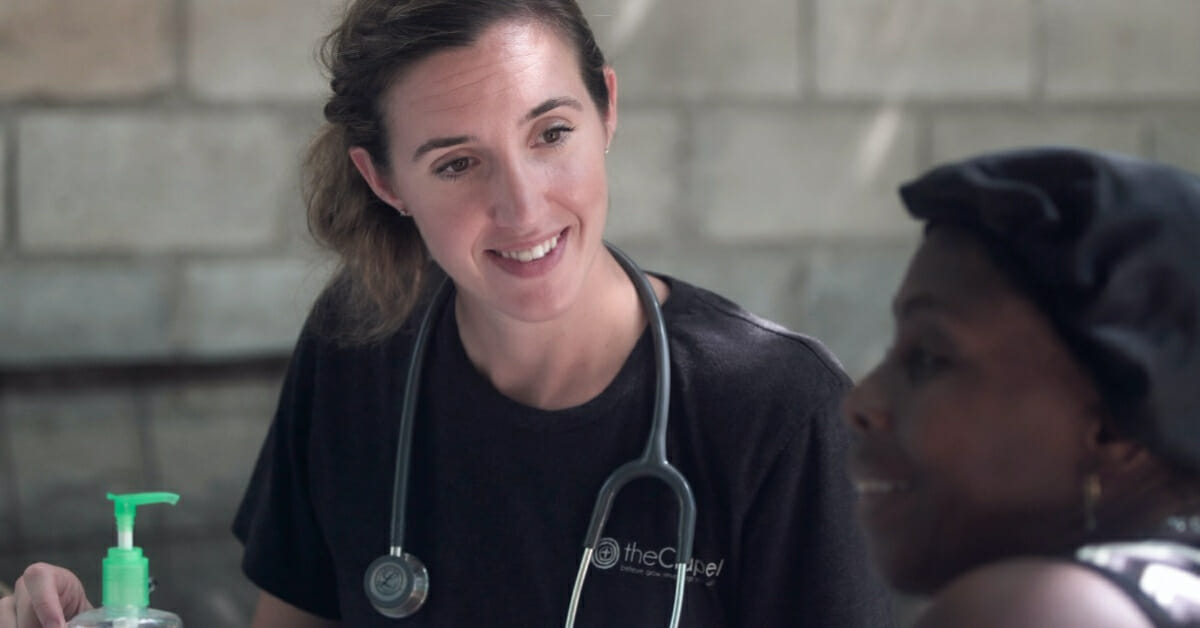Infectious diseases have burdened humanity for millennia. Concepts of contagion and its prevention slowly developed in different cultures over centuries. In the 19th century, Louis Pasteur introduced the germ theory of disease, which describes the relationship between microorganisms and illnesses. Microbiology is the branch of biology that focuses on the study of these microorganisms and their relationship to disease processes by describing their characteristics (e.g., species, structure, virulence factors, etc.).
In this course, the student will be introduced to the most important concepts regarding bacteria, viruses, fungi, parasites, and prions, including their classification, characteristics, and important clinical details.
For optimal comprehension, the student will be required to have preliminary knowledge of molecular and cellular biology, biochemistry, histology, and physiology. Familiarity with the biology of prokaryotic cells is strongly encouraged.
Learning objectives
After the completion of this course, you will be able to:
- Explain fundamental microbiological concepts and the historical development of microbiology as a scientific discipline.
- Differentiate between the major groups of microorganisms based on their structure, reproduction, and metabolic characteristics.
- Analyze the role of bacteria in human health and disease, including bacterial structure, growth requirements, and virulence factors.
- Compare viral replication cycles and pathogenic mechanisms of different virus families relevant to human disease.
- Identify common fungal pathogens and describe their morphology, reproduction, and disease manifestations.
- Distinguish between different types of parasites and explain their life cycles and modes of transmission.
- Illustrate the components and functions of the human immune system in response to microbial invasion.
- Evaluate host-pathogen interactions and explain how these relationships influence disease progression and outcomes.
- Apply principles of antimicrobial therapy in selecting appropriate treatments for various infections.
Course outline
- Introduction to Microbiology
- Bacteria
- Viruses
- Fungi
- Parasites
- Immune System: Overview and Cells
- Host-pathogen Interaction
- Anti-Infective Drugs in Nursing
